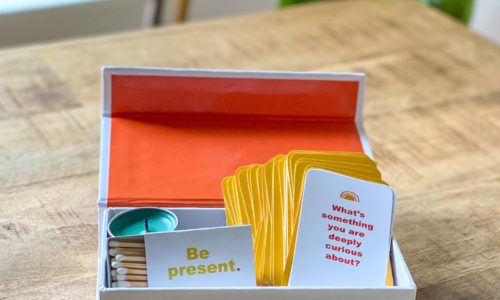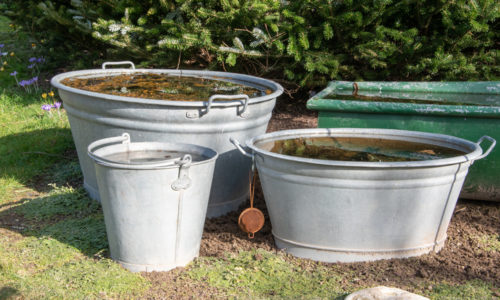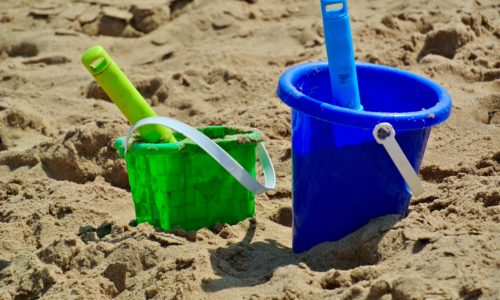This is the essential question Acton Academy presents to the world. Without trusting the children, our school is simply another classroom experiment.
Our choice to build Acton Academy on the foundation of the Socratic method is a simple yet profound statement of trusting the children.
We trust they can make excellent decisions. We trust they have genius within. We trust in their desire to learn, work hard and achieve excellence. We trust they will seek help from mentors and guides when necessary. We trust they will teach each other. We trust in their ideas and opinions. We trust in their joy. We trust in their honesty.
This trust is the glue that holds our entire program together. It is more important than great books, Khan Academy, well-designed projects or a new campus. It is transformational and lasts a lifetime.
By trusting our students, we empower them to think deeply and ultimately trust themselves. With the knowledge that they are trusted human beings, they will in turn grow to embrace the world and trust that it is a good place even though bad things happen and people make mistakes. This is the foundation of resilience and meaningful living.
Why is this easy for me as “head of school” but as “mom” I find it most challenging? Do I really trust my own children like I say I do? Why do I want to jump in when one of them is struggling in a friendship? Why don’t I simply trust them to work it out? Why do I want to direct what they choose for after school activities? Why do I give mini-lectures when they are stuck on a math skill rather than ask questions about their process and let them struggle to figure it out?
Psychologists document that children who are not trusted at home grow up with a sense of worthlessness and become critical, inflexible adults. This is serious business. This has lifelong implications.
I desire at home what I give at school. I want to change. I want to trust my children more. I want to let go of the false security of micromanaging. How can I do this?
I think back to learning to scuba dive this year with Sam, my 10 year old son. The idea of being underwater for long periods of time went against everything that felt natural and good to me. But I learned, step by step, to breathe and descend and never stop breathing. (Thanks to Sam who calmly coached me and literally held my hand until slowly letting it go when he knew I was okay.)
The discovery of joy in this new underwater world freed me. I trusted Sam so fully in those moments.
I can take his guiding lead and follow those same steps on solid ground. I’ve held their beautiful hands for a long time now. I can practice letting them go. I know they are okay. I will celebrate them taking charge of their own lives. From the small details like making their own lunches (I know; it’s about time!) and doing their own laundry to the bigger issues of solving sibling battles or failing to achieve a goal, I will breathe deeply rather than intervene. I will dive down into good questions rather than give them answers. (Jeff is going to hold me accountable to this.) I will work to demonstrate my authentic trust in them and their decisions. They will hear me say often, “I trust you.”
They are free, then, to change the world.
Suggested reading: Nurture Shock: New Thinking about Children by Po Bronson and Ashley Merryman


